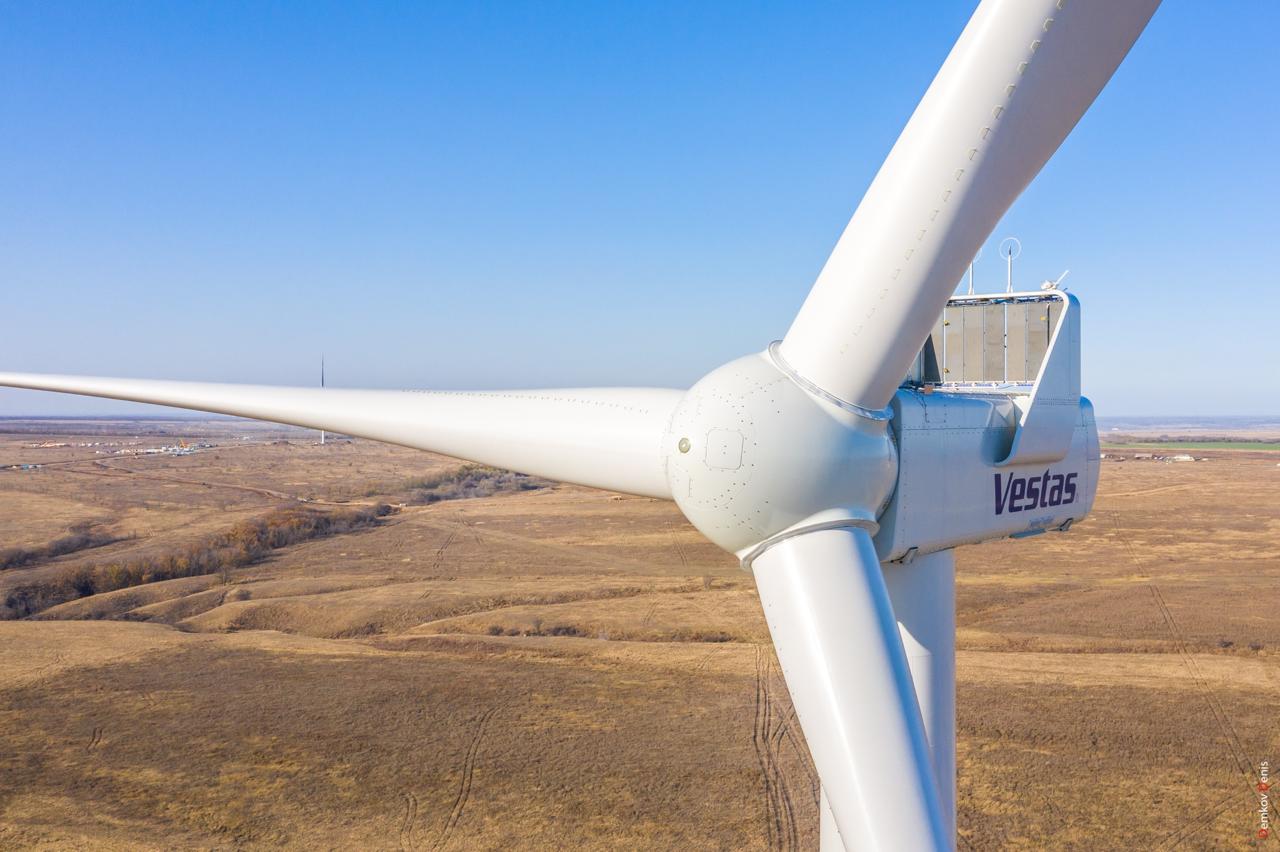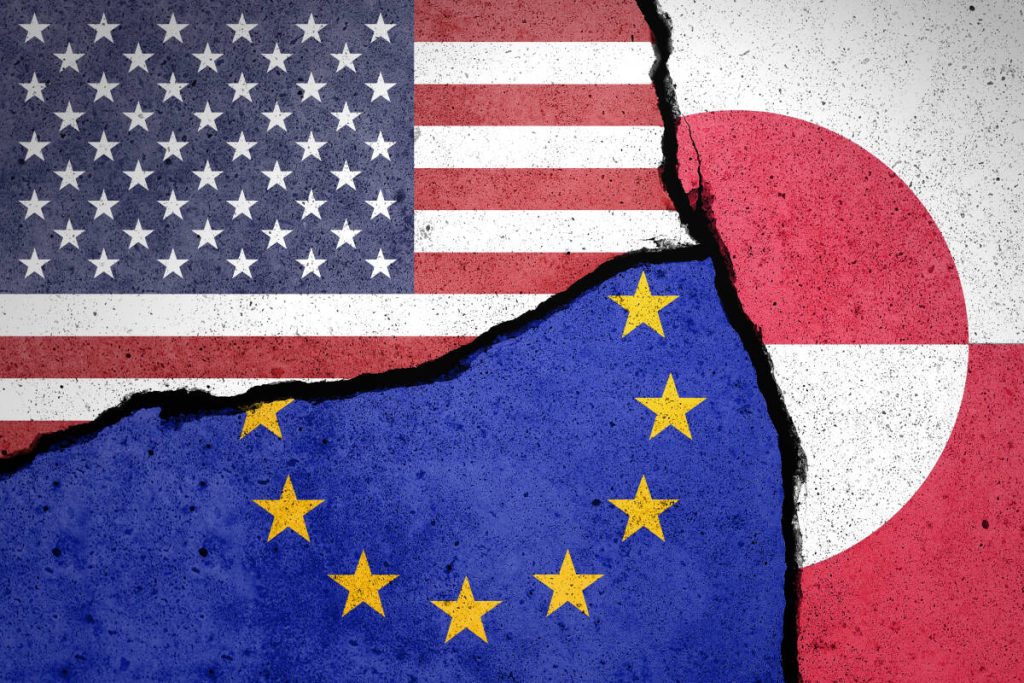The latest Eurostat report on progress toward Sustainable Development Goals (SDGs) by 2025 paints a contradictory picture. Behind the pompous phrases about “significant progress” in reducing inequality and improving education quality lie alarming trends. Three goals stand out where the EU isn’t just stagnating but backsliding: marine ecosystem conservation (SDG 14), access to clean water (SDG 6), and terrestrial ecosystem protection (SDG 15).
Troubled Waters (SDG 14)
Despite loud declarations about the “green transition,” the expansion of marine protected areas moves at a snail’s pace. Eurostat data shows ocean conditions continue deteriorating due to chronic underfunding of monitoring and anti-pollution programs. Essentially, the EU’s “blue economy” still operates on an “out of sight, out of mind” principle: while coastal waters remain relatively clean, deep-sea areas are becoming underwater dumping grounds.
Drying Up (SDG 6)
The crisis in clean water access exposes systemic miscalculations by European strategists. Water shortages, particularly in southern EU nations, are exacerbated by two factors: archaic infrastructure and contradictory agricultural policies. Subsidized water-intensive crops in arid regions—like olive groves in Andalusia—have long needed reform but face resistance from farming lobbies.
Land Degradation (SDG 15)
The failure on terrestrial ecosystems is equally telling. Eurostat notes accelerated land degradation and biodiversity loss precisely during 2020-2025 when the EU launched its Green Deal. The paradox is explainable: emergency deforestation for wind farms and lithium mines (critical for “green” energy) has undermined ecosystem protection efforts.
Root Causes
The report reveals a pattern: the EU fails precisely on SDGs requiring long-term investments and confrontations with business interests. Successes occur in “convenient” areas like education and inequality reduction—where budget injections suffice.
Notably, this “green regression” coincided with the 2022-2024 energy crisis. The forced return to coal and mass LNG imports from America effectively derailed climate ambitions. As experts note, under crisis pressures, Brussels quietly sacrificed ecology for economic stability.
The Eurostat report reflects not a comforting image of “green leadership” but troubling symptoms of strategic paralysis. When short-term gains trump long-term goals, no “green bonds” will save dried-up rivers or plastic-choked seas.







